The French Cultural Center
Tuesday, 29.05.2007.
11:55

The French Cultural Center
While maintaining its focus on cultural cooperation in a traditional sense with art exhibitions, films, and theatre performance, the center, host to the “Service de cooperation et d’action culturelle” of the French Embassy, has also extended its activities into new fields including European Integration, science, and medicine.History

After closing during World War II, the center reopened a reading room in 1945 and its facility still in use today just six years later.
The center was again closed in 1999 during the NATO campaign. During this period, a Belgrade professor of French language and literature along with a group of students personally relocated a large portion of the collection, fearing the vandalism that had damaged other similar establishments in town. Director of the Center Corina Coman described the action as a demonstration of “real solidarity and real human friendship.”
The center was reopened and inaugurated by President Chirac in July 2001.
Today
Today the French Cultural Center offers the public a range of services, events and resources.The center’s facility itself revolves around its media center and its collection of books, magazines, films, CDs, and rotating exhibitions. Materials can be used at the media centre free of charge and can be checked out for a yearly membership fee of 800 or 1600 dinars depending on the level of membership.

The centre has also strengthened its contribution to deepening EU/Serbian relationships. “We’re holding quite an important series of presentations about Europe,” said Ms. Coman said, explaining the project entitled “European Wednesdays.” “It is something we were doing previously, but we want to make the topic more available for a larger public, a younger public, and we try to do so in cooperation with main actors of both the European side and those here in Serbia such as the Serbian Office for European Integration or the Delegation of the European Commission in Serbia. In these debates, local representatives sit alongside side our French guests.”
Educational Opportunities in France
While the center is primarily concerned with bringing French culture to Belgrade, it also provides assistance for Serbian citizens to study in France. Programs range from short exchanges intended for French language students and teachers to scholarships given to students in different fields. In 2007, 35 scholarships were granted to university students in a range of academic fields, almost 100 scholarships were granted to interns and professionals, and another 34 scholarships were given to young people between the ages of 18 and 25 to “discover France.” According to Ms. Coman, it is these kinds of exchanges that have led to real friendships between individuals from Serbia and France and the French Culture Center.The Director:

Prior to this directorship, Ms. Coman spent over three years in Romania working on European Integration, also for the Ministry of Foreign Affairs.










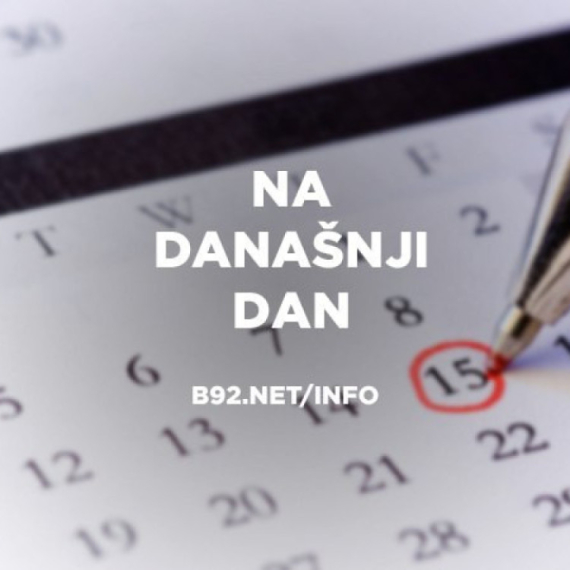
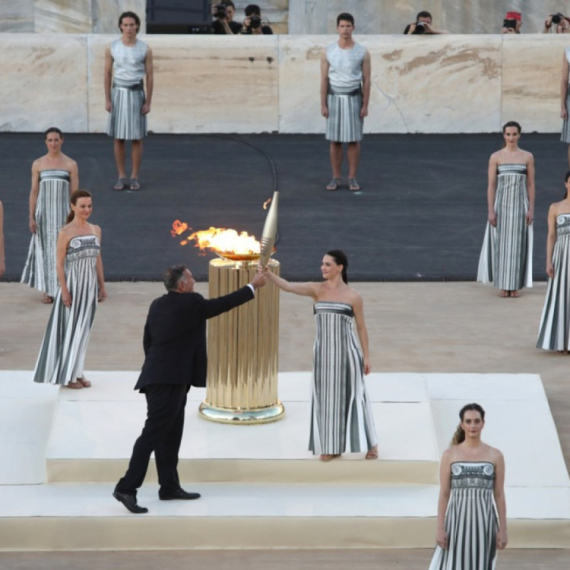
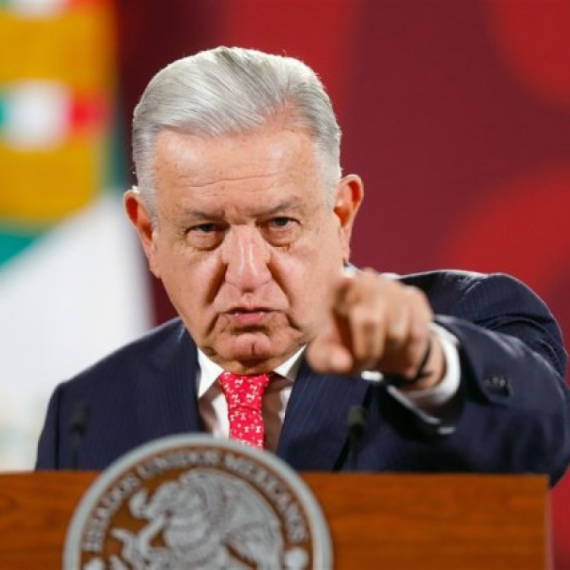



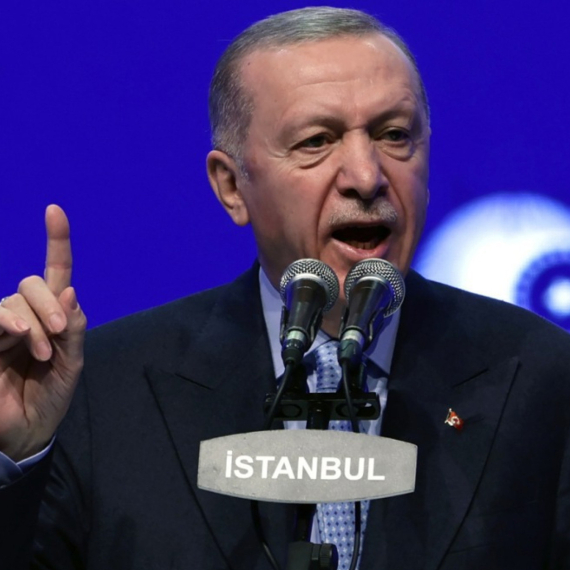



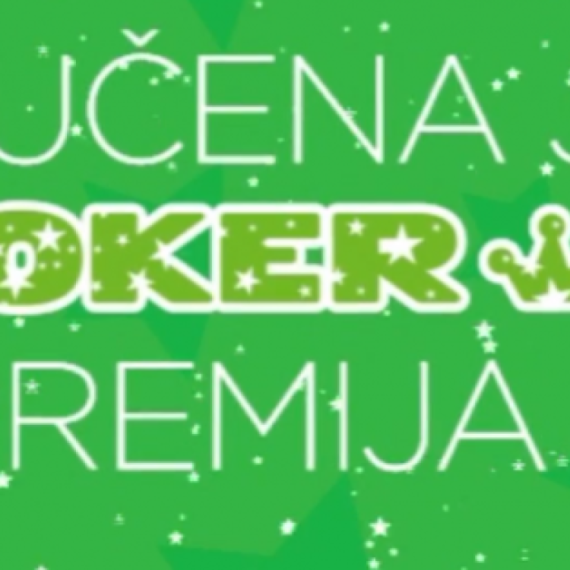





































Komentari 0